when to switch from kitten to cat food
Are you a proud new owner of an adorable furball? Congratulations! Kittens are undoubtedly one of the cutest creatures on earth. Watching them play, cuddle, and sleep is bound to fill your heart with warmth and joy.
As a responsible pet parent, it’s critical to ensure that your little bundle of furry energy gets all the nourishment they need as they grow into adult cats. One crucial factor in this regard is deciding when to switch from kitten to cat food. In this blog post, we’ll discuss everything you need to know about making the transition smoothly, so keep reading!
When making the switch, it’s important to keep in mind that kittens are an obligate carnivore and will require a diet high in meat content to support their growth and development. Adult cats, on the other hand, are obligate carnivores but also require a good number of plant-based proteins to maintain their health.
Although switching your kitten to adult cat food is not always easy, it’s ultimately crucial for their well-being. By following these steps, you can ensure a smooth transition and enjoy years of healthy kitty companionship!
Once you’ve brought your new kitten home, it’s important to make sure they are getting all the nutrition they need. Adult cat food, while not as sauciety as kitten food, is still packed full of nutrients that your furry friend needs to grow and thrive.
There are a few things to keep in mind when making the switch:
-Kittens are obligate carnivore and require a diet high in meat content
-Adult cats are obligate carnivores but also require a good number of plant-based proteins
-It can be tough to change your kitten’s food gradually over time
When to switch from kitten food to adult cat food
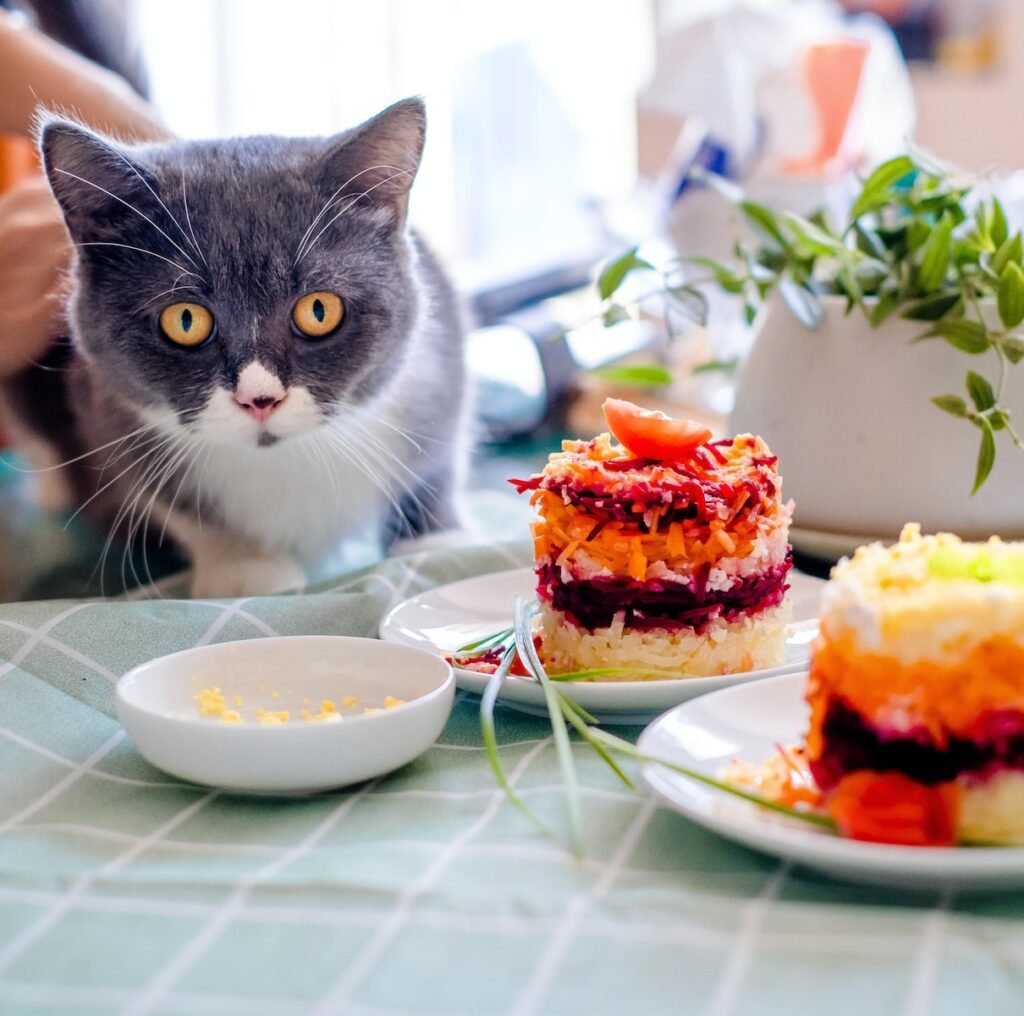
When to switch from kitten food to adult cat food:
As your cat grows, you’ll want to transition them from kitten food to adult cat food. Kitten food is designed for very young cats and doesn’t provide the nutritional needs of an adult cat. Adult cat food features more balanced nutrition and is tailored specifically for cats.
Make the switch gradually over a period of about two months, starting by switching half of your kitten’s diet to adult cat food. Over time, you can phase out the kitten food completely.
There are a number of good adult cat foods available on the market. Talk to your veterinarian or pet store about which one is best for your cat.
What to feed a kitten on a ketogenic diet
A ketogenic diet is a low carbohydrate, high-fat diet that has been shown to help control epilepsy in children. Kittens need different food than cats do, and their diet should be cycled between kitten food and adult cat food. Up until the age of 6 months, kittens should be eating kitten food exclusively.
This includes all wet ingredients such as moistened birdseed, oatmeal, or raw fruits and vegetables. From 6 to 12 months old, kittens can transition to adult cat food. Adult cat food should have about 20% of its caloric value from protein and about 50% form carbohydrates. Carbohydrates should come from things like whole grains, fiber-rich fruits and vegetables, sweet potatoes, and quinoa.
Kittens should also be getting plenty of water, and they should be given a small amount of high-quality cat food twice a day.
What ingredients are in kitten food?
Kitten food consists of a higher percentage of protein and lower percentage of carbohydrates than adult cat food. Because kittens are growing and developing, their diet should include more protein. Adult cat food typically has about 25% protein.
Some kitten food products contain fish, which is a good source of omega-3 fatty acids. Other ingredients in kitten food include grains, dried fruits, and vegetables.
Why switch a kitten to adult cat food?
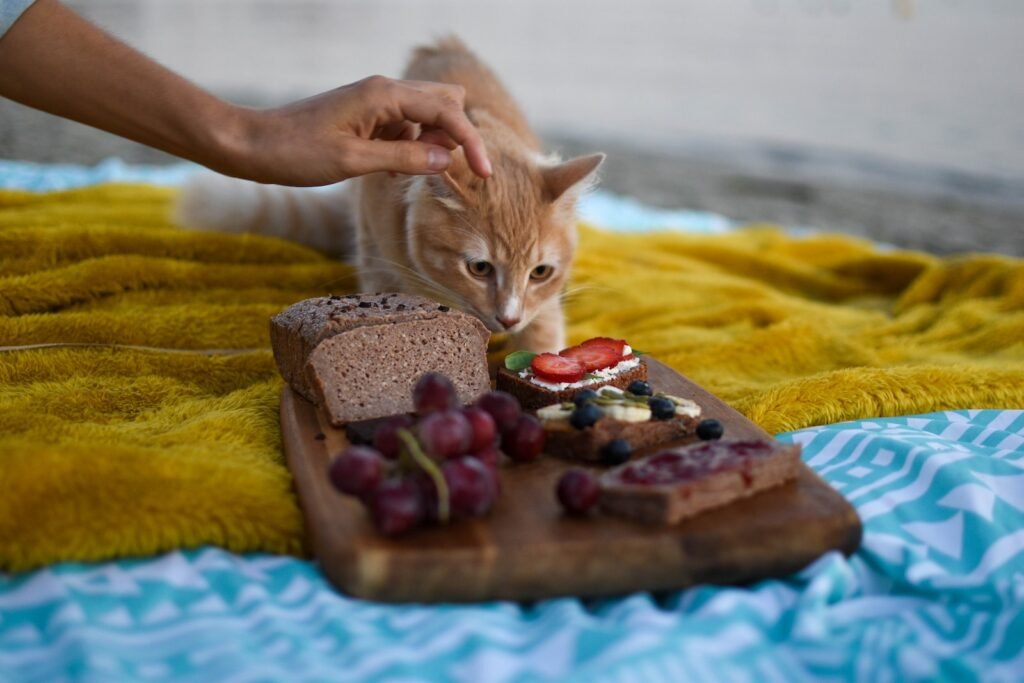
It is not uncommon to switch a kitten to adult cat food at around 12 weeks old. Kittens rely primarily on milk from their mothers until they are weaned, around six weeks old. After that point, their nutrition becomes increasingly important and a switch to a more adult-style diet can help them maintain their healthy development.
Older cats may also prefer a different type of food as they get older and may have more specific dietary needs. Whatever the reason for making the switch, it’s always best to consult with your veterinarian first to ensure the new diet is appropriate for your cat’s health and overall well-being.
When feeding your cat adult cat food, be sure to give them small, regular meals throughout the day rather than one or two large meals. This will help maintain their normal weight and keep them from developing obesity and other health problems.
How much should a kitten eat per day?
When to Switch From Kitten to Cat Food
A kitten’s digestive system is not fully developed and is unable to digest the harder grains found in many cat foods. A diet of kitten food will result in excessive vomiting, diarrhea, and constipation. In fact, feeding a kitten solely on kitten food can lead to health problems later in life if not corrected.
While nursing cats should be eating wet food from a young age, transitioning them over to adult cat food is recommended at around 6-8 weeks old. Kittens that eat a healthy diet of both wet and dry food will grow quickly, coat well, and have fewer health problems throughout their lives.
A general guideline for kittens is to eat about 1/3 of the adult daily food intake.
When is the best time to switch a kitten to adult cat food?
It is best to switch a kitten to adult cat food when they are 6-8 weeks old. Kittens grow rapidly and their metabolism is high, so they need more nutrients than a cat of an older age. A diet change can also help regulate their body temperature since kittens tend to be slightly hotter than adults.
Please note that some cat foods are specifically designed for kittens, so please do not switch them to a diet designed for adult cats without first checking with their veterinarian.
Should you give your kitten water while on the ketogenic diet?
diarrhoea is common during the transition to a ketogenic diet for cats, as their gut bacteria are transformed. Try offering water every other day or every third day and adding in a small amount of wet food at each feeding if diarrhoea starts occurring more than once per week. If your cat returns to normal within a few weeks, you can stop providing water and wet food alternatingly and simply feed them daily. If diarrhoea persists, contact your veterinarian.
Do not give your cat water if they are vomiting orhave diarrhoea with blood, pus, or a high fever.
Kittens usually drink, urinate, and defecate frequently while they are young and growing. As they transition to a ketogenic diet and their gut bacteria are transformed, these activities might decrease. If urinary or fecal frequency becomes excessive, veterinary consultation may be necessary.
What if my kitten doesn’t like the new food?
If your kitten is not eating the new food, there are a few things you can do to try and get her to eat it. First, add a small amount of the new food to her regular diet. You can also mix the new food with some of her old food so that she has a mixture of both. If she still does not eat the new food, you may need to switch her to a different type of food.
Remember that kitties are individual and some might take a little longer to get used to new foods than others. If your kitten continues to not eat the new food, we would recommend visiting your veterinarian. He or she may be able to diagnose the problem and recommend a different feeding plan.
Conclusion
You’ve probably heard that you need to switch your kitten’s food to adult cat food when they reach six months old, but what about a few weeks earlier? When should you switch your kitten’s food to adult cat food instead of kitten formula? According to the ASPCA, kittens reach their full growth potential around four to six weeks after birth.
This means that it is important for them to start developing certain essential nutrients and enzymes from the beginning stages of their lives.
When to switch your kitten’s food to adult cat food means that they are getting all the nutrients they need to reach their full growth potential. This can help to prevent sickness and unnecessary weight gain in the future.

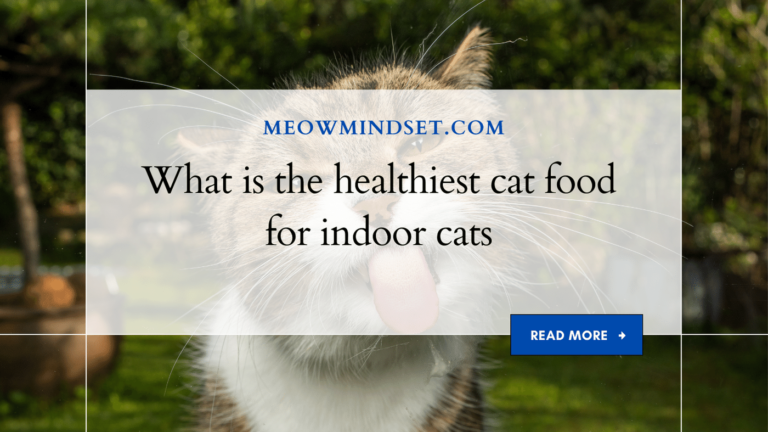
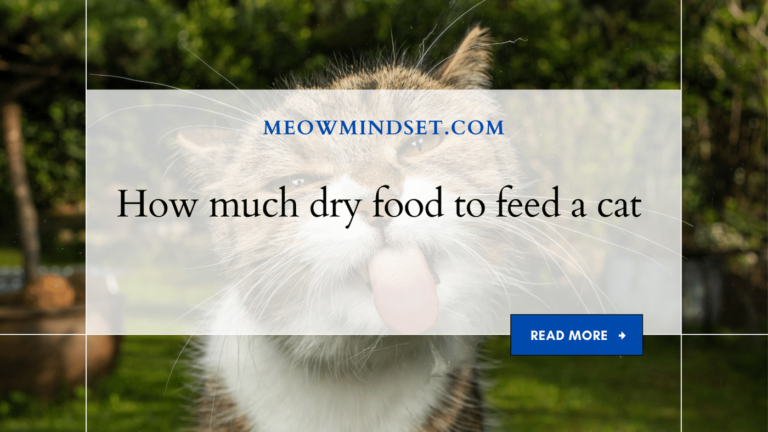
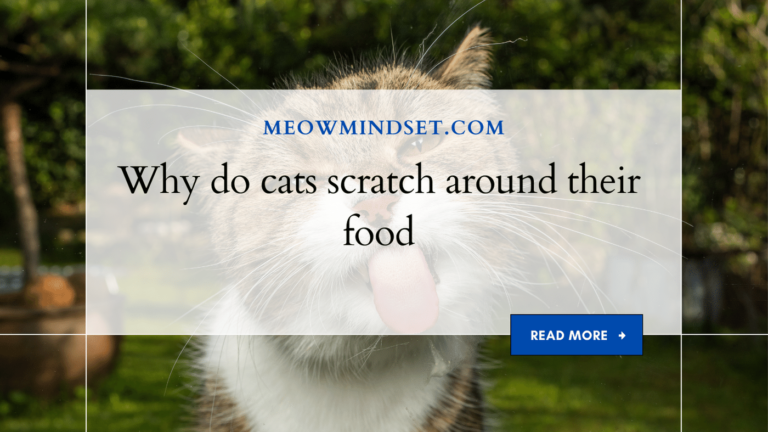
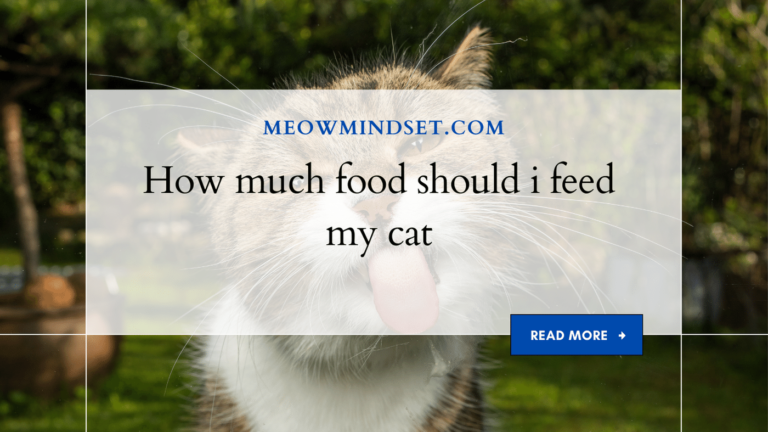
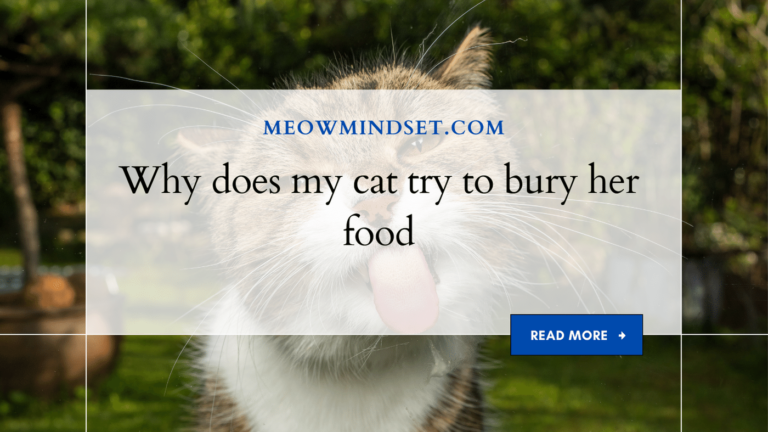
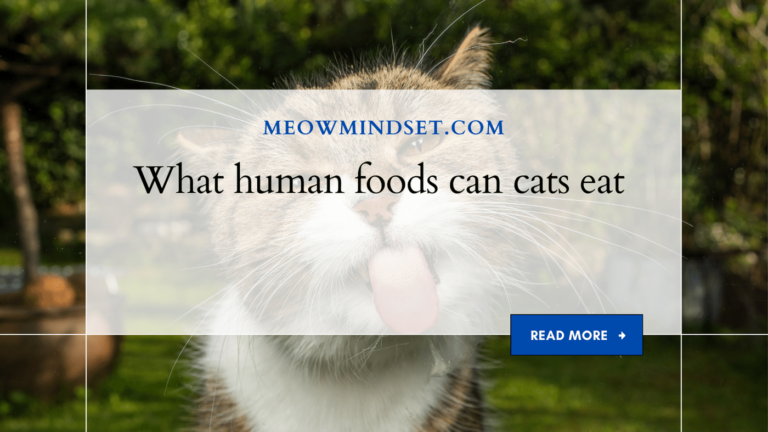
3 Comments